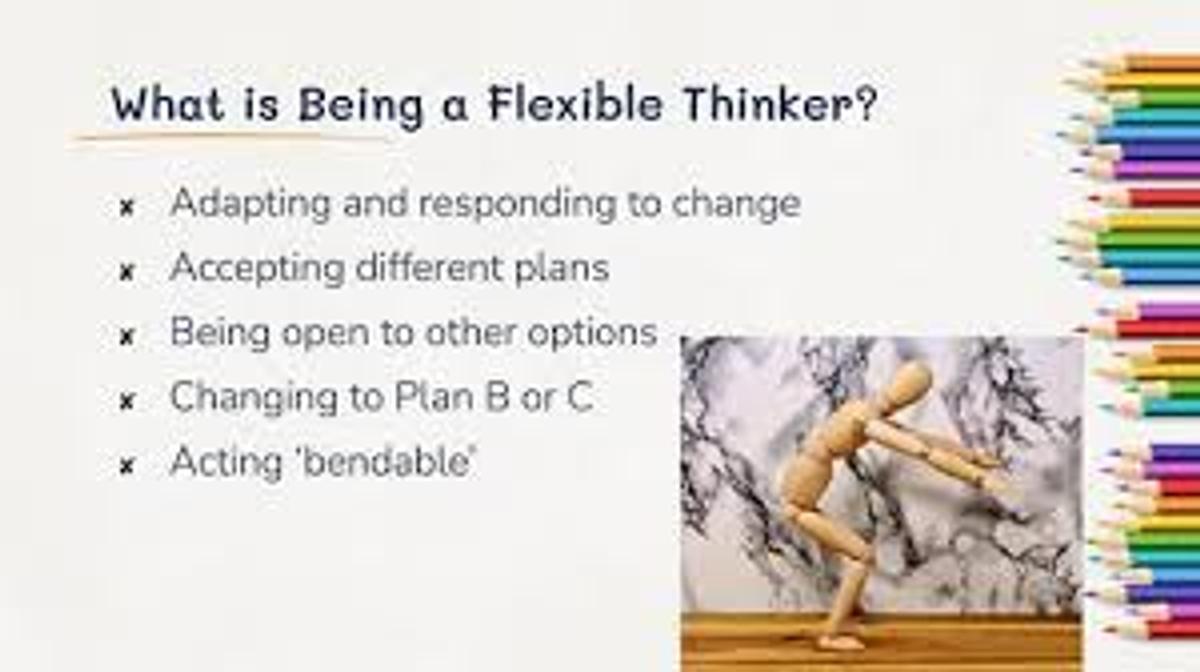Wellbeing
Celebrating Our Strengths

Wellbeing
Celebrating Our Strengths


Flexible thinking is the ability to find new solutions and see situations in more than one way. It is also an important part of self-regulation and handling big emotions. When kids are able to think flexibly about a problem they’re less likely to fall apart if things don’t go according to plan.
Managing disappointment or uncertainty is hard. And that’s okay. It’s important to validate kids’ feelings before trying to move on. For example, “I know you’re sad the game was cancelled. I’m sorry. That’s really hard.” When kids are ready, invite them to help come up with ideas for making the best of difficult changes. When kids feel like part of the team, they’ll feel more in control and have the chance to practice their flexible thinking skills.
Kids look to parents for cues on how to behave. By modelling flexible thinking, your child will help learn how to practice it themselves. Let kids see you work through problems. When your child sees you handle with changes in a reasonable way, they’ll be more likely to do the same. Of course, sometimes there’s no clear solution. When that happens show kids your other coping skills, like mindfulness, or self-care, to manage stress.
Some ways to encourage flexible thinking are:
Making a Change – Making a small, but intentional change to a routine can be an effective way to challenge habitual behaviours. By challenging yourself or your child with small changes, you are continually exercising flexible thought patterns and practising adaptability.
Provide Alternatives – Sometimes, rigid thinking patterns can emerge when we feel stuck of overwhelmed. On those occasions, it can be helpful to give yourself alternatives to consider. For example, if you’re struggling to decide what to eat for dinner, create a list of three different options and figure out which is best for you in the moment. By training the brain to think through multiple options, you are encouraging more flexibility.
Discuss Big Feelings – When kids become upset with change or disruptions to their routine, they can experience big emotions that they don’t quite know how to deal with. It can be helpful to encourage them to express how they are feeling and attempt to put words to their emotions. Generally speaking, emotions are much easier to deal with once they are identified and validated. This way, we can process them and understand them better.
Below is a website that references a range of different picture story books for children that explore change, flexible thinking and adaptability:
https://childrenslibrarylady.com/adaptability-book-list/
Flexible thinking is a skill that needs to be learned, developed and practised. It is a very important social skill. The ability to think flexibly helps people to get along with others, helps groups to be more effective, and helps people solve problems and try new ways of doing things.
As always, please feel free to reach out for more information about anything related to Friendology, student wellbeing or individual concerns you may have. I am contactable via compass, through the office or via email – louise.jarvis@education.vic.gov.au
Have a lovely weekend,
Louise Jarvis
Wellbeing Specialist Teacher